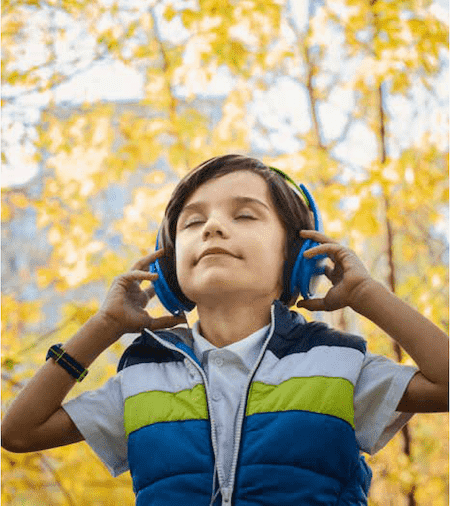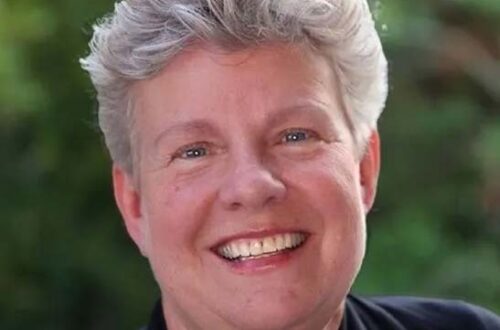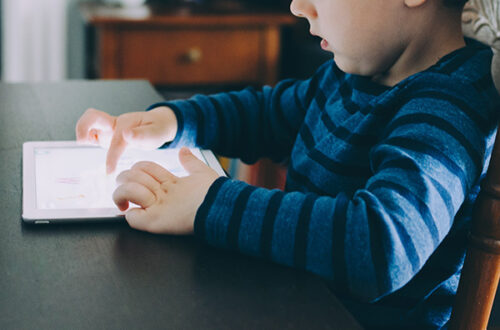How to Reduce Student Stress
By Emily Listmann
Many of us feel that children today are especially stressed out: some have even deemed the present the “age of anxiety” for youth. We blame technology, SATs, homework, and social media.

We lament this widespread problem, yet most of us feel powerless to act. This was the case for me as a middle- and high-school social studies teacher in fast-paced Silicon Valley. Other than doing my best to reduce the homework load, I wasn’t sure how to meaningfully help my students. It took my own personal challenges with stress to uncover perhaps the most powerful tool for helping kids combat pressure: their own minds.
Research confirms the common sentiment that children today experience unprecedented levels of stress. In a survey conducted by Yale University, students reported feeling negative emotions such as stress and fatigue an average of 75 percent of the time. Another study showed that adolescents are 5 to 8 times more likely to report symptoms of anxiety and depression than kids who lived during the peak of the Great Depression. Research from Harvard University revealed that this “toxic stress” and other negative emotions early in life adversely impact the developing brain, immune system, behavior, and learning ability for decades to come. The extent of youth stress today could be considered of epidemic proportions. Ironically, it wasn’t until I quit teaching that I was able to uncover a way to help students.

I was forced to leave classroom teaching after facing a slew of health problems whose origins I did not understand. Returning to my hometown, I took a lot of West Cliff walks to recover and reflect. Eventually I came to realize that stress had been the true source of my illness. I decided to try practicing mindfulness–a buzzword I had always fancied myself compatible with, but not something I had ever really committed to long term.
Mindfulness is the practice of becoming aware of the present moment and accepting of one’s thoughts or feelings, without judgment. Often we are not aware of a simple truth: that we are constantly thinking, jumping from one idea to the next in our heads. In doing so, we lose sight of the present moment. Even with our children sitting next to us, we tend to do this– worrying about how their next recital will go, what their report card will say– rather than how they are doing right here and now. When we are mindful, we check in with ourselves–often in a seated meditation–to observe the various qualities of our thoughts and feelings as they arise. With practice, this increased awareness creates space between us and negative states: we learn that we do not have to believe all of our thoughts or submerse ourselves in every emotion.
Mindfulness provides various benefits to children and teens. Multiple studies have found that mindfulness practice reduces stress, anxiety, and depressive symptoms in youth. It also brings a marked reduction in behavior issues and emotional reactivity, and a significant improvement in focus and even academic performance. Mindfulness has also been shown to improve sleep: something children are chronically deprived of, yet is one of the most essential contributors to their overall health.
Mindfulness is not only proven to be effective, but it is also a free and limitless resource for children in strengthening their response to stress. Unfortunately, although the movement toward mindfulness education is growing, it is not yet commonly integrated into schools. But as parents and educators, we can choose to introduce mindfulness to our children. Beginning your own meditation practice is the surest path toward helping your children. From there, try to find even 5 minutes per day to meditate with your child or student. There are a plethora of free resources for children’s mindfulness, such as the apps “Insight Timer” or “Calm.” If you have the budget for it, enroll your child in a mindfulness course or coaching sessions to deepen their practice.
Yes, our modern world is increasingly stressful to grow up in; in response, there is no better tool to provide our children than the unearthing of their own inner resources.
Emily Listmann is the owner of Mindful & Well Education, which provides classes and coaching for youth in wellness of the mind and body. She will be teaching a mindfulness course for youth this fall, as well as offering private coaching. For more information or to contact Emily, please visit www.mindfulandwell.org.







